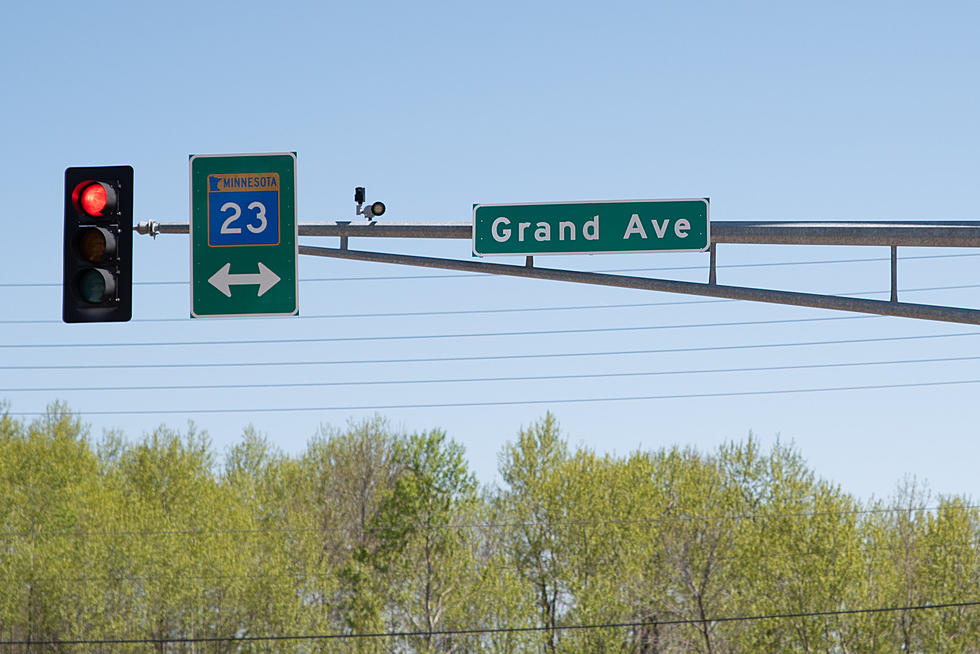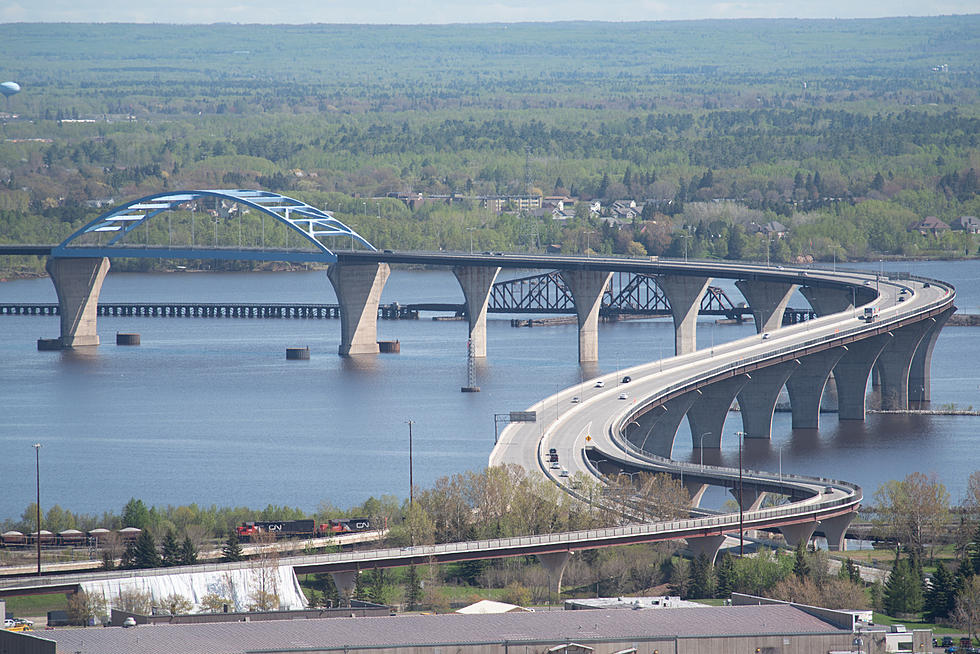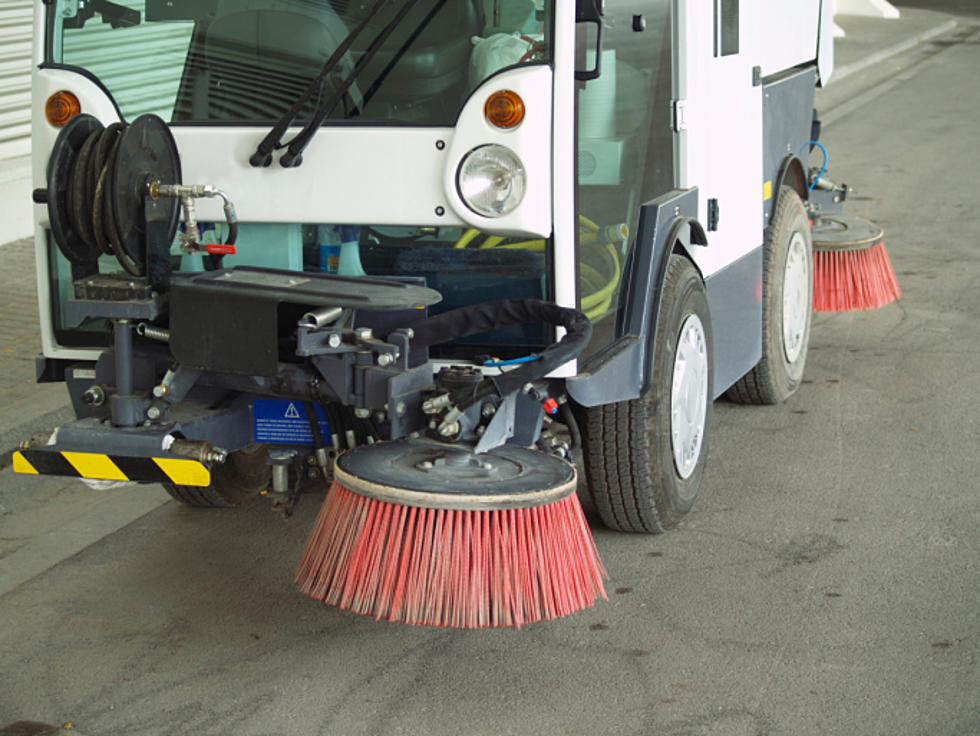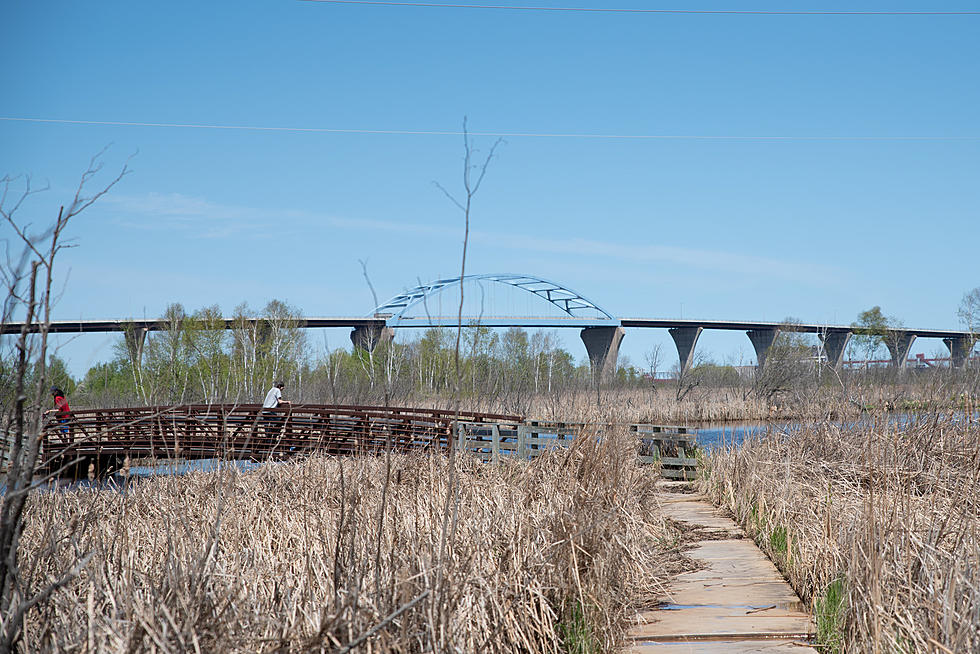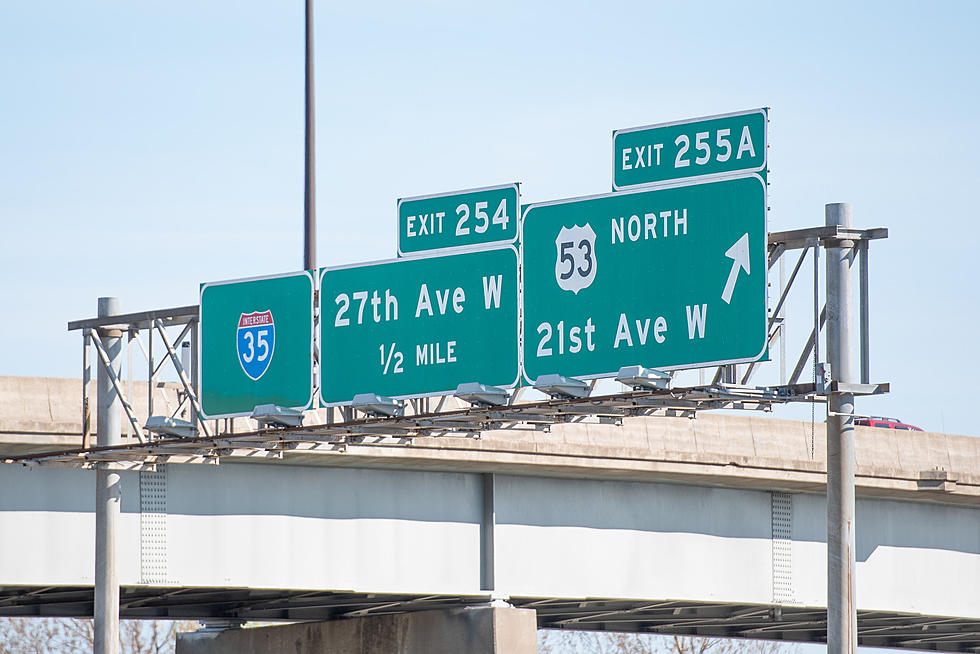
Low Water Pressure Reports From Duluth’s Western Neighborhoods
The City of Duluth is informing the general public that they are aware of a low or no water pressure situation in the western end of the city and they are actively working to repair the issue. Specifically, the reports of low water pressure are coming from the Riverside, Spirit Valley, Morgan Park, and Norton Park neighborhoods. The city hopes to have an update or a fix to the situation later this afternoon.
The department tasked with correcting the situation is the Utility Operations Division. This division falls under the jurisdiction of Duluth's Public Works Department. The Utility Operations Division fulfills a large role in the operations of the metro - overseeing the water, natural gas, sanitary sewer, and stormwater systems throughout the city. Combining all of those service lines, the department maintains more than 2,000 miles of mains throughout the community.
Residents of Duluth who experience problems with their water, natural gas, sanitary sewer, or stormwater systems have an online portal that grants them access to resources and information. Click here to visit the outages map online. Combined in conjunction with Comfort Systems database, the interactive map allows browsers the chance to both report an outage and get more information about outages that have already been called in.
Similar to municipalities all across the country, the City of Duluth obtains their drinking water from a naturally-occurring body of water. While some communities get their water from in-ground wells, the City of Duluth largely sources their water from inlets located in Lake Superior. Maintaining the proper pressure once the water is sourced is very important:
"Residential water pressure tends to range between 45 and 80 psi (pounds per square inch). Anything below 40 psi is considered low and anything below 30 psi is considered too low; the minimum pressure required by most codes is 20 psi. Pressures above 80 psi are too high. Whereas low water pressure is more of a nuisance than a serious problem (some fixtures, like washing machines, have minimum pressure requirements), high water pressure carries with it a significantly increased risk of damage to pipes, joints, fixtures and seals - not to mention increased water waste."
To create the pressure that the system needs, communities pump and then store water in a variety of holding tanks; those holding tanks are kept under the pressure needed to assure that residential and commercial customers will have serviceable water at their tap.

Things People Hate About Summer
More From 106.5 The FAN
